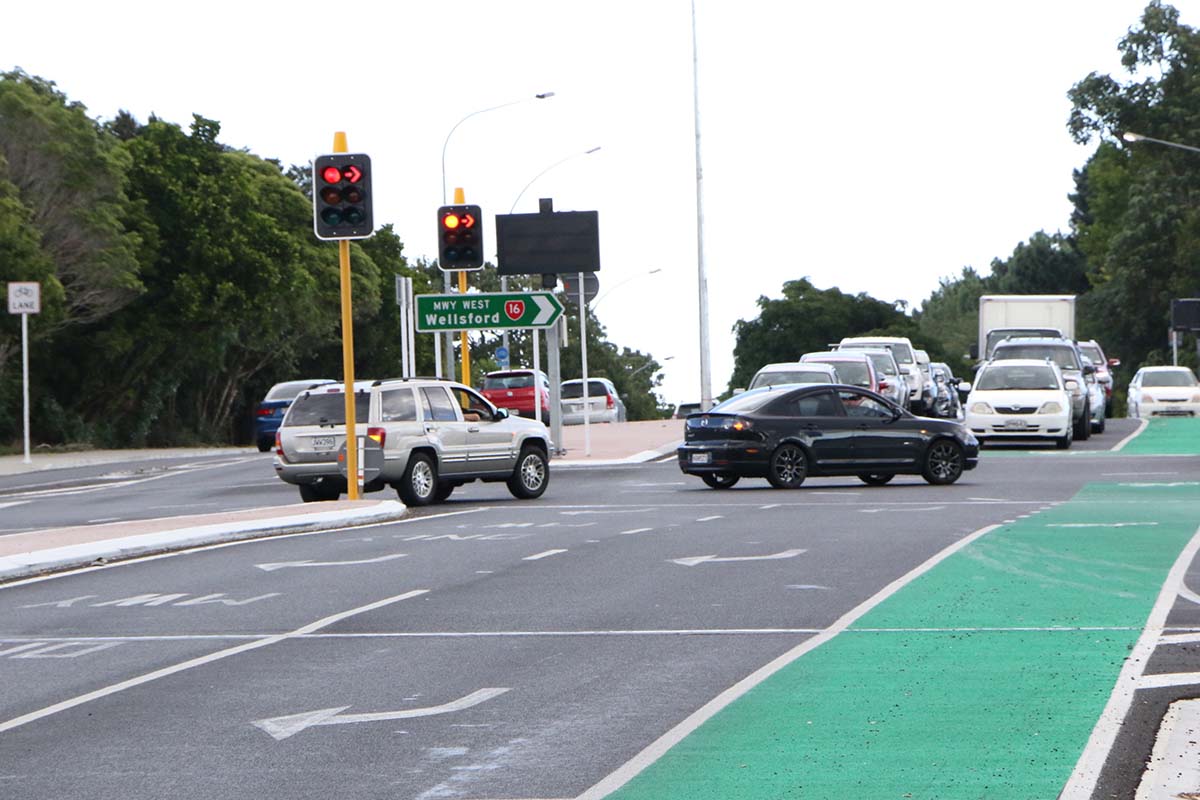Avoiding Driver Distractions
We ask our participants at the start of each course “How good are New Zealand’s Drivers?”. Typically, they do not rate them very highly saying they are, aggressive, distracted, bullying, inattentive and inconsiderate. A far cry from the generous “easy going” kiwi persona we like to think of ourselves as being.
Most drivers think they are good drivers, but other drivers are not.
Why? As drivers we successfully make lots of journeys without major incident. This leads us to believe we are good drivers, even if we have poor habits (we are often unaware of our poor habits, until they are pointed out to us). Or may not feel that it matters enough to change.
Take for example the habit of shaving whilst driving. A driver may have been doing this for years without incident. That does not make it safe. It just means that to date that driver has not had an incident. It could happen tomorrow and their ability to respond will be impaired, they will be distracted. That’s how accidents happen.
Distracted drivers are a leading cause of road accidents in New Zealand.
There are typically three types of distractions
- Visual, something that takes your eye away from where they should be.
- Manual, something that requires the driver to take hands off the steering wheel or move the body in a way that reduces visibility.
- Mental distraction, cognitive, thinking about something other than driving.
Dealing with all three takes, discipline, and good habits.
Avoid driver distractions – tips:
1. Get comfortable before you go.
Before you back out of your driveway, make sure you’re comfortable and ready for a drive. Adjust your mirrors, seat settings, radio station, temperature settings and air vents so you do not have to fiddle with them during your commute.
2. Put away your phone.
Talking and texting while driving is one of the most dangerous things you can do behind the wheel. Turn your notifications off. If you cannot resist the temptation of a ringing phone, then turn your phone off while you’re in the vehicle or put it somewhere that’s difficult to access. If you are waiting for an important call, then pull over to talk. Even hands-free talking is distracting. When you are driving, focus on driving. One in three New Zealanders admit to using their phones illegally whilst driving.
3. Eat before you drive.
It’s convenient to eat on the go but eating a sandwich or coffee while you’re trying to pay attention to the road is a recipe for disaster. Eat before you go or if you must stop somewhere safe while you are on your journey. It is good to take breaks whilst driving.
4. Get ready before you leave.
Shave before you go, fix your hair and make-up and adjust your clothing before you get on the road.
5. Keep your eyes on the road.
Don’t get distracted by breakdowns, accidents, or activities happening alongside the road. Keep your eyes on what’s in front of you and pay attention to what other vehicles are doing.
6. Plan your route in advance.
If you are driving somewhere, you’re unfamiliar with, check out the map and get a good sense of where you need to go before your car is in motion. If you are using a GPS, enter in your destination and check that it’s right before you leave. You will want to turn up the volume settings so you can listen to the GPS instead of having to watch the screen for directions.
7. Give your children your full attention.
Young children can demand attention. If your children are misbehaving or need help in the backseat, pull over to address the issue.
8. Secure your pets in the backseat.
If your constant travelling companion is furry and has four paws, make sure you put them in the backseat and secure them, so they remain back there and don’t become a distraction. You don’t want them to be able to roam freely in the front seat, blocking your view or bumping into the steering wheel. Plus, you and they are much safer in the event of a crash if they are properly restrained.
9. Do not engage in serious conversations.
Keep the conversations light and the mind on the job. Driving is not the time for a sales or performance review!
10. Radio can be a distraction.
Listen to music it is less likely to be distracting than listening to “talk back” radio, which is designed to be highly engaging, opinionated, and confrontational.
